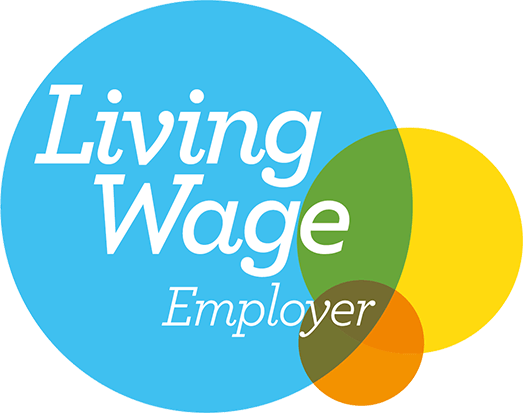News
What have our councils ever done for us?
21 May 2020
Interaction with the local authority comes not in the form of elections, but bin collections and school selections. In every case, when a citizen has to interact with their authority, it is almost always to raise a complaint.

For most of the country not involved in town planning, local government is hardly given a moment’s thought. Interaction with the local authority comes not in the form of elections, but bin collections and school selections. In every case, when a citizen has to interact with their authority, it is almost always to raise a complaint.
We have all heard these – and possibly said these – ourselves. My bin lorry never turns up on time. My child did not get their first choice school. My neighbour has built a monstrosity of a conservatory.
People’s experience of local governance is characterised as wholly negative. A feeling, by the way, which goes hand-in-hand with views of local politicians. Those who have seen Yes Minister will remember the “local councils” sketch well.
For planning consultants, these feelings are often let rip through both barrels at public engagement events. If I had a pound for every time I’ve heard “this is already a done deal”, “the planners are clueless” or “brown paper bags”, I would be self-isolating in the Caribbean.
However, the fact is that local councils – both elected representatives and officers alike – work extremely hard on behalf of their communities. Despite Jim Hacker’s oft-repeated line that local councillors are in it for themselves, this is not my experience whatsoever.
Many of our local representatives spend their days at work like the rest of us, then spend evenings at town halls getting involved in the running of their local area. In between this, they plough through hundreds of emails from local residents’ associations, charities, constituents in need, handle the local MP’s casework and much more. If they hold senior positions, they will be reading reports from lead officers before taking multi-million pound decisions on spending, and making strategic decisions on planning for new homes, roads, care facilities and schools.
Bureaucracy, incompetence and egotism can be found at town halls. However, isn’t that the case for any organisation or institution? Whitehall and the House of Commons, it seems to me, are as good an example as any.
Our local councils have been at the frontline of the response to coronavirus. With government funding, they’ve been able to (temporarily at least) end homelessness, coordinate and deliver food parcels for the vulnerable, set up contact networks for those isolating alone, fund charities and local community groups facing financial insecurity, set up coronavirus testing hubs, take library services online, process payments to businesses in need, I could go on.
The Treasury’s furlough scheme gets the headlines, but local authorities have taken on new challenges whilst continuing to discharge statutory duties, like determining planning applications (albeit with some exceptions).
When we overcome this period, local authorities must be properly reimbursed and given a new funding settlement. Residents must understand that their local officials and representatives follow national guidance, and apply it as best as possible at a local level, in their interests.
With proper financing on the part of Whitehall, and abandoning the lazy “what did our council ever do for us” attitude on the part of local residents, we can come out of this crisis with more effective local government ready to meet the challenges Britain faces. Not least the requirement to build at least 300,000 homes a year.
Sean Groves is a member of Planning Potential's in-house communications team. For advice, insight, or to share your thoughts on Sean's views above, get in touch on 020 7357 8000, or by email at [email protected]






